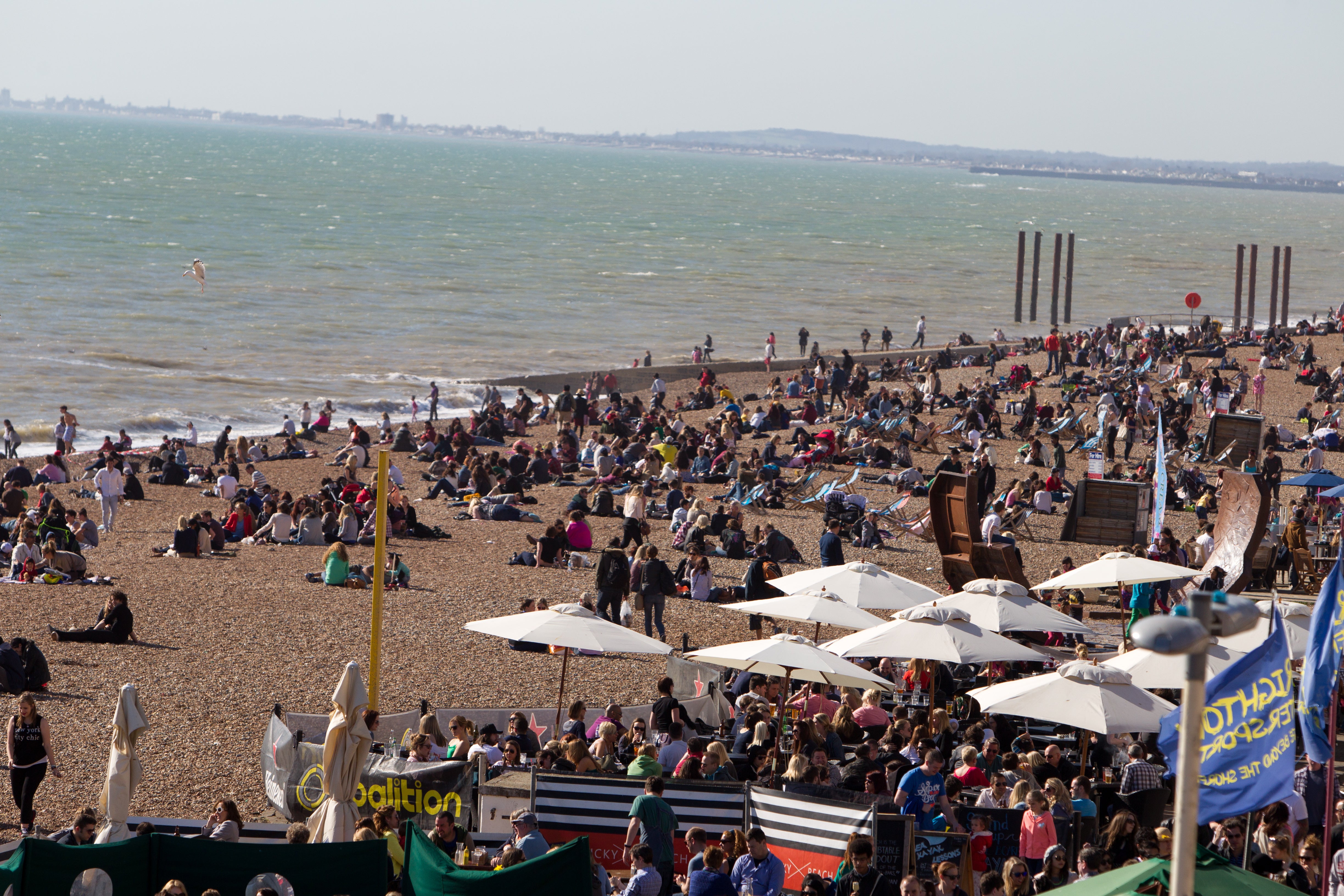Warmer summer nights linked to higher risk of heart death in some older men
For every 1C increase in heat there appears to be an increased risk for men in their early 60s

Men in their early 60s have an increased risk of heart deaths on warmer summer nights, a new study suggests.
In England and Wales men aged 60 to 64 appear to carry a higher risk when the mercury rises overnight in the summer months, researchers found.
But the same effect was not seen in women.
Previous studies have linked deaths from heart or circulatory diseases, also known as cardiovascular disease – to hot spells.
The new study, published in the journal BMJ Open, sought to examine possible links between summer high temperatures at night and increased cardiovascular disease deaths among people aged between 60 and 69 years.
Researchers from the University of Toronto in Canada decided to look at data from mid-latitude regions because these parts of the world have experienced a rise in night-time heat intensity in the summer months.
The academics examined almost 40,000 cardiovascular disease deaths among people aged 60 to 69 in England and Wales between 2001 and 2015.
They found that a 1C rise in night-time temperatures, compared with usual summer night-time heat, was linked to a 3.1% increased risk of cardiovascular deaths among men aged 60 to 64.
An increased risk was not found among women or men in their late sixties.
The researchers also examined 488 cardiovascular disease deaths in summer months in Washington State in the US.
They found that a 1C rise in heat was linked to a 4.8% increased risk of cardiovascular disease (CVD) death among men in their early sixties, but not those over 65.
More research is now needed to understand why this small rise in night-time temperature affects men and women differently, and if this association is still observed in more recent years
“In two mid-latitude regions, warmer summer nights are accompanied by an increased risk of death from CVD among men aged 60–64 years,” the authors wrote.
They added: “Considering the growing likelihood of extreme summers in Western USA and UK, our results invite preventive population health initiatives and novel urban policies aimed at reducing future risk of CVD events.”
Commenting on the study, Julie Ward, senior cardiac nurse at the British Heart Foundation, said: “This research adds to existing evidence that warmer temperatures during the summer can affect the heart, increasing the risk of health complications and even death in people with cardiovascular disease.
“However, this study is observational, so it can’t show us cause and effect. It also only provides data up until 2015.
“More research is now needed to understand why this small rise in night-time temperature affects men and women differently, and if this association is still observed in more recent years.
“Your body has to work harder in warmer weather to keep its core temperature to normal levels, putting extra strain on your heart.
“The most important things you can do to protect your heart during the warm summer nights are to stay cool and keep hydrated. Try to keep your home cool in the daytime by closing curtains to stop the sun coming in, keep a glass of water close to you at night to avoid being dehydrated, and wear loose fitting cotton-based pyjamas.”
Bookmark popover
Removed from bookmarks